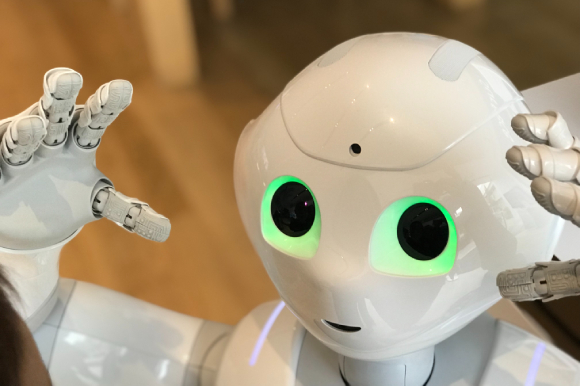Since the launch of ChatGPT in 2022, the field of artificial intelligence (AI) has experienced an unprecedented surge in development and adoption. This technological advancement has left many wondering about its potential impact on various industries, including community management. In this blog post, we will delve into the current state of AI, explore its potential to reshape professional life, and discuss how community managers can transform this change into an opportunity.
Around a decade ago, my fascination with AI began when I read Nick Bostrom’s thought-provoking book Superintelligence. The book examines the possibilities and potential risks associated with future artificial intelligence. I couldn’t shake off the idea that a superintelligent machine might inadvertently pose a threat to humanity, even if its intentions were seemingly innocuous, like producing paperclips. However, Bostrom also highlighted the immense potential of this technology to benefit mankind if properly harnessed.

Where AI stands now
Fast forward to the present day, AI has become a prominent topic of discussion, and it is far more than mere chatter. Groundbreaking AI systems like ChatGPT, developed by OpenAI, are leading the charge, with Google’s Gemini catching up steadily. The proliferation of AI image generators, such as Midjourney, further illustrates the rapid progress in the field. In just two months, ChatGPT garnered 100 million active users, making it one of the most rapidly adopted technologies in history.
The applications of AI are wide-ranging and have already proven useful in various domains. For instance, teachers employ ChatGPT to create quizzes for their students, business executives utilize it to craft more effective emails, and marketing managers rely on it to devise social media strategies within seconds. OpenAI’s breakthrough has spurred other tech companies into an anxious race to replicate and capitalize on this emerging technology. However, amid this profit-driven frenzy, government oversight and global coordination on AI regulations are only just beginning to take shape.

The rapid advancement of AI has given rise to genuine concerns expressed by AI scientists and leaders. Figures like Elon Musk and Stuart Russell, the author of a seminal AI textbook, have signed an open letter advocating a six-month halt to further AI development. Their argument boils down to the notion that just because we can create AI doesn’t mean we should do so without considering the potential risks.
The pursuit of artificial superintelligence faces two unresolved challenges: the control problem and the alignment problem. The first challenge centers around ensuring that we retain control over the AI systems we create to prevent adverse consequences. The second challenge involves aligning AI’s values and objectives with human interests to avoid unforeseen catastrophic outcomes.
While these concerns might seem far-fetched, they are indeed mainstream discussions taking place within the AI community.
Changes heading our way
In the short term, most people are more concerned about how AI will impact their immediate job prospects rather than its existential implications. The level of pattern recognition or pattern creation involved in one’s profession determines the susceptibility to AI disruption.

Jobs that revolve around solving complex problems, such as attorneys seeking patterns in the law to win cases or doctors diagnosing patients based on various symptoms, are particularly vulnerable to AI disruption since AI excels at pattern recognition. On the other hand, jobs that focus on pattern creation, like reporters editing articles or developers writing code for applications, might also see changes due to AI’s improving capacity for creative pattern generation.
Among these professions are community managers who typically work with online technology and oversee standardized procedures, such as content creation and enforcing community guidelines. It is true that many of the tasks performed by community managers involve pattern recognition and/or pattern creation, making them susceptible to automation or substantial assistance from AI.
However, there’s a silver lining amidst these concerns. While AI can handle many routine tasks, community managers possess unique skills that are difficult to replace. Authentic community building, fostering genuine relationships among people united by a shared purpose, remains an essential aspect of their role that AI cannot replicate.
Authentic human connection
Certain professions, including teachers, doctors, and community managers, seem relatively impervious to complete AI takeover. AI will undoubtedly change how these jobs are performed, but its impact will likely be in freeing up time for genuine human interactions – the real essence of these professions.

As a species, we might embrace superhuman artificial intelligence in our lives to aid decision-making and enhance efficiency. Yet, the value of authentic human connections will persist, as we often seek the insights and perspectives of fellow human beings. Therefore, for community managers, it’s crucial to prioritize the human element and the authenticity of their work. Embrace AI as a tool to handle pattern-driven tasks and leverage its assistance to enhance your role, welcoming the inevitable change that is already underway.
By the way, this blog post has been completely rewritten by ChatGPT after feeding it my original copy. Just this one time, though.
